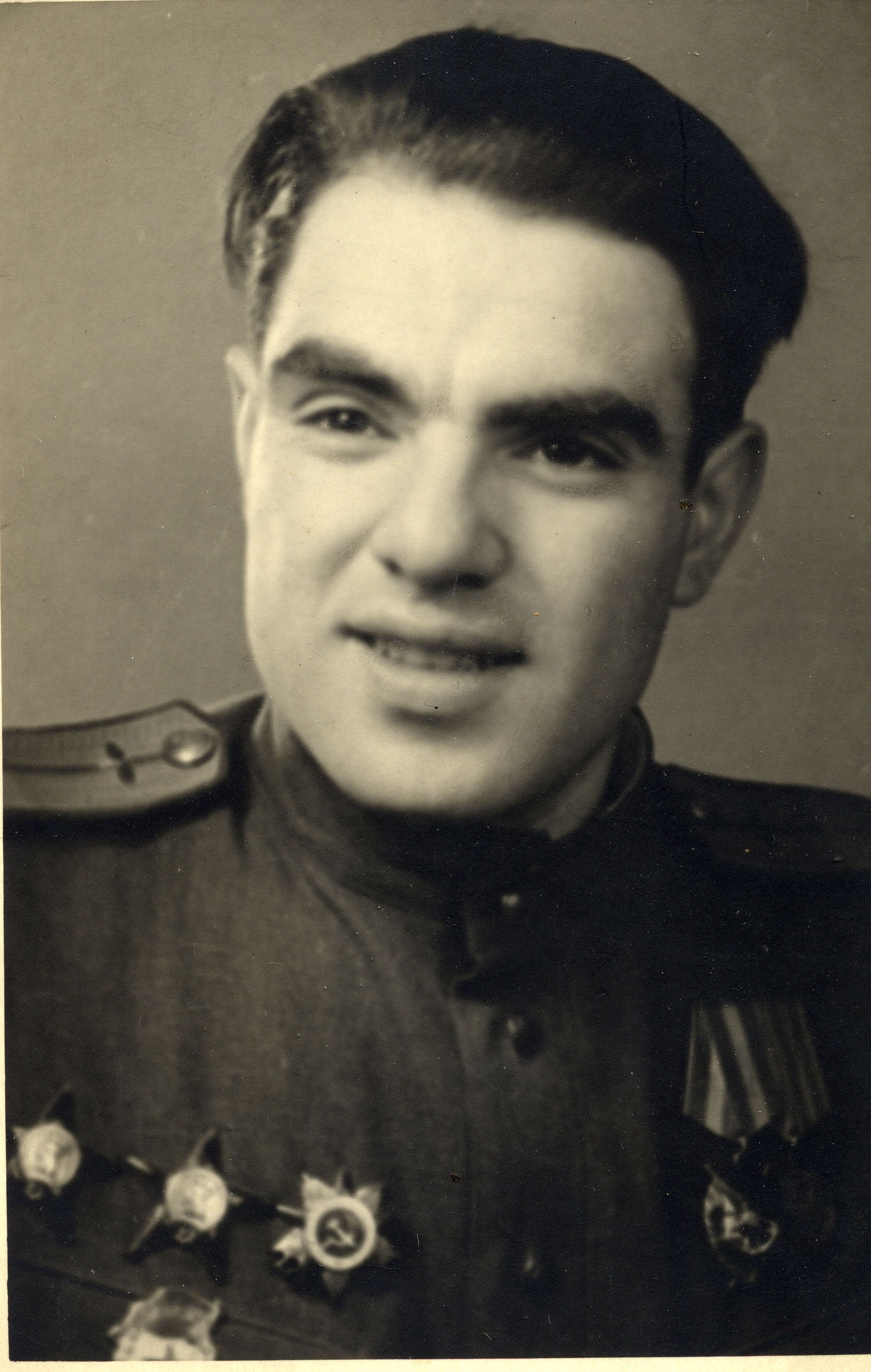Boris Kiveliovich was born in Moscow in 1921 to the family of former Jewish residents of Vilna. Since this city had become part of Poland in 1921, in the 1930s, even though Kiveliovich's parents had lived in Russia for many years, they were regarded as foreigners by the authorities. In 1918, Boris's father Antsel joined the Red Army and fought for the establishment of the Soviet regime. Nevertheless, in 1938, at the peak of the NKVD campaign to reveal Polish spies, as a former "Pole", he was arrested and, without a long investigation, was executed by shooting on the tenth day of his arrest. Despite this stain on his biography, Boris Kiveliovich succeeded in being admitted to the 1st Moscow Medical Institute. He had completed his first year of studies, when the Soviet-German war started in June 1941.
When the German forces approached Moscow in mid-October, the Institute was to be evacuated to the Urals with all its staff and students. Kiveliovich recalled that he was very patriotic in those days and refused to be evacuated. Instead he volunteered to join the 3rd Moscow Communist Division that was assigned to the defense of Moscow (According to his memoir, half of the Division were Jews – see the interview taken in 2006, Blavatnik Archive). Since Kiveliovich knew German, he was attached to a reconnaissance unit of his division. During the Soviet counter-offensive from Moscow, the division was deployed on the North-Western Front. Kiveliovich became an orderly. He was wounded in February 1942, but remained at the front. Even though he was a medic, more than once Kivelovich took part in combat. For example, he fought as a soldier during the liquidation of the enemy's Demiansk pocket (south of Leningrad) in the winter of 1942-1943.
After the Demiansk operation, Kiveliovich was sent to a school of deputy commanders for political matters (zampolit). He then returned to the front to the 273rd Infantry Division, as a komsorg (Young Communist organizer) of a battalion. He took part in the liberation of Belorussia in 1944 and then fought in Poland. Kiveliovich ended the war in Breslau (now Wroclaw, Poland), where he was wounded on May 1, 1945.
During the war Kiveliovich was awarded two orders, that of the Red Banner and of the Patriotic War 2nd class, as well as medals "For the Defense of Moscow" and "For Battle Merit."
After the war, Kiveliovich entered the Military Medical Academy in Leningrad. After graduating, he served at a military hospital in Kamchatka, in the Soviet Far East. In the 1970s, he retired from the army. He then trained to be a psychiatrist and, until he reached the age of 80, he worked at the prestigious Serbskii Institute in Moscow. Kiveliovich saw it as his duty to speak about the Great Patriotic War before the young generation, especially in Jewish schools.







